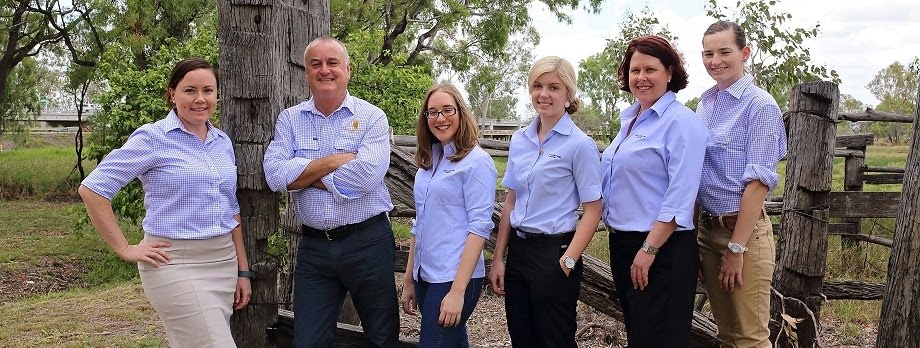A
number of proposals have been flagged by Local Governments and other parties
for the resumption of lands for the construction of new or upgraded roads in
the Capricorn Region.
Under
the Acquisition of Land Act, land may be taken by a constructing authority
which may be the State of Queensland or a Local Government. There are limits on
the purposes for which a Local Government may resume land but it must generally
be for a public purpose. Land can be taken either by full acquisition, or by the
constructing authority merely taking an easement over the land. Whether the
land is fully acquired or by easement will depend upon the nature of the
activities to be undertaken. Where land is taken or acquired for purposes of constructing
a road, the land would be fully acquired as it is not appropriate to take an
easement in those circumstances.
The
first step in the acquisition process is the issuing of a Notice of Intention
to Resume by the constructing authority. The notice must be served on every
person who could make a claim for compensation, such as an owner of the land,
as well as any mortgagee of the land. Once you have received a Notice of
Intention to Resume you are entitled to lodge an objection to the taking of the
land and subsequently attend a conference with representatives of the constructing
authority to speak in support of the grounds of your objection. You may be
represented by a solicitor or agent at that hearing.
If
the constructing authority determines the land is still required to be taken for
the original purpose for which it was proposed, then it may apply to the Minister
for the land to be taken. If the Minister is satisfied that the land should be
taken, then notice is published in the Government Gazette and you cease to be
the owner of the resumed land. Your
right in relation to the land is then simply converted into a right to claim
compensation pursuant to the Acquisition of Land Act.
Compensation
can be agreed between the parties. In
the absence of agreement, compensation is determined by the Land Court.
Justin Houlihan is
a Partner at local law firm Rees R & Sydney Jones.

No comments:
Post a Comment